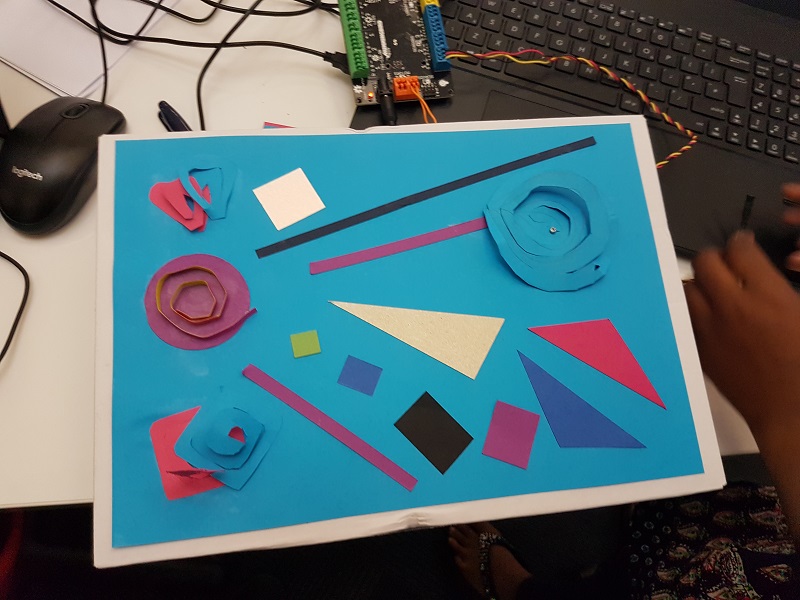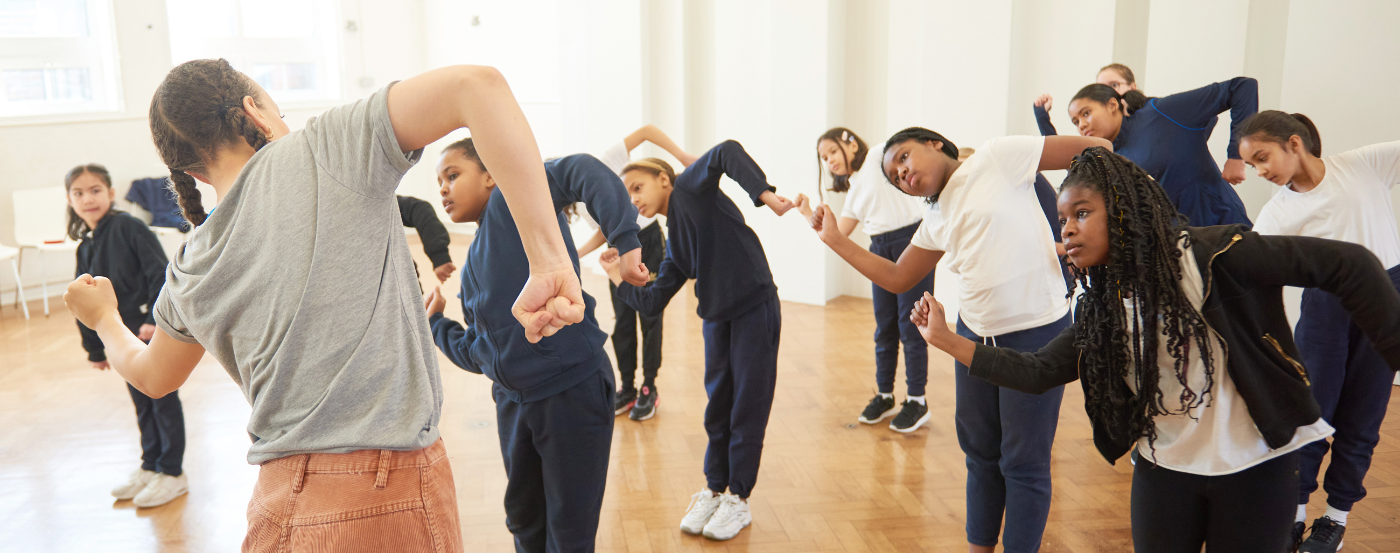
The importance of metacognition – Making a case for young people learning to learn
BY: Annabel Thomas
08 May 2018
The Education Endowment Foundation, the UK’s What Works Centre for Educational Achievement, has recently published their guidance report on metacognition and self-regulated learning. The report stresses the importance of asking young people to monitor and evaluate their own academic progress, with evidence suggesting that metacognitive strategies’ – which get pupils to think about their own learning - can be worth the equivalent of an additional +7 months’ progress when used well.
We were thrilled to come across this piece of research as it supports many of the key outcomes we also found in our Arts Award Impact Study from 2016.
What is metacognition?
Metacognition is essentially learning to learn. It is how we reflect on what we have, self-improve and ultimately achieve success.
Why is it important?
The EEF and many other leading educators believe that metacognition is a hugely important part of education. It helps children and young people to take control of their learning, usually leading to better results not just in terms of exam results but also a greater sense of achievement and satisfaction with their work at all stages of their education. There is also some indication that by employing metacognitive techniques young people are able to better enjoy their education, resulting in better attendance, self-confidence and their overall wellbeing.
Its interesting to see that in the report EEF highlights has also highlighted that interventions in schools focussing on metacognition are low-cost but highly -impactful. This means programmes which help to boost metacognitive skills in young people very effective for schools for a wide range of needs.
Metacognition & Arts Award
In our 2016 Impact Study, metacognition featured as a key outcome of completing an Arts Award, especially at higher levels. One of Arts Award’s principles is to provide young people with ‘opportunities to shape and drive their own learning and development’; a key aspect of developing metacognition. The study also highlights that ‘the reflective aspects of Arts Award – where students keep a ‘log’ of what they do and then write it up at the end – was a beneficial mechanism where students really did learn self-reflection and self-assessment skills and learnt to evaluate their learning. This gave them the skills to continue to do this on an ongoing basis in their future work and learning, very much in line with EEF’s findings.
Not only is developing metacognition incredibly useful for young people with their education, developing these reflective skills are vitally important for employers. Arts Award can help not only to improve exam results and achievement in education, but it is also equipping young people with the skills they need to thrive in their professional lives as well. We believe that Arts Award makes an important contribution to developing students’ metacognitive skills, as well as providing an enjoyable framework for young people to explore their arts interests, passions and abilities.
If you have examples of how completing an Arts Award has developed the metacognition skills of the young people you work with, let us know @ArtsAward.
Related posts
BY: Alan Lynch
BY: Julie Neville
BY: Catherine Sercombe




Comments & Replies